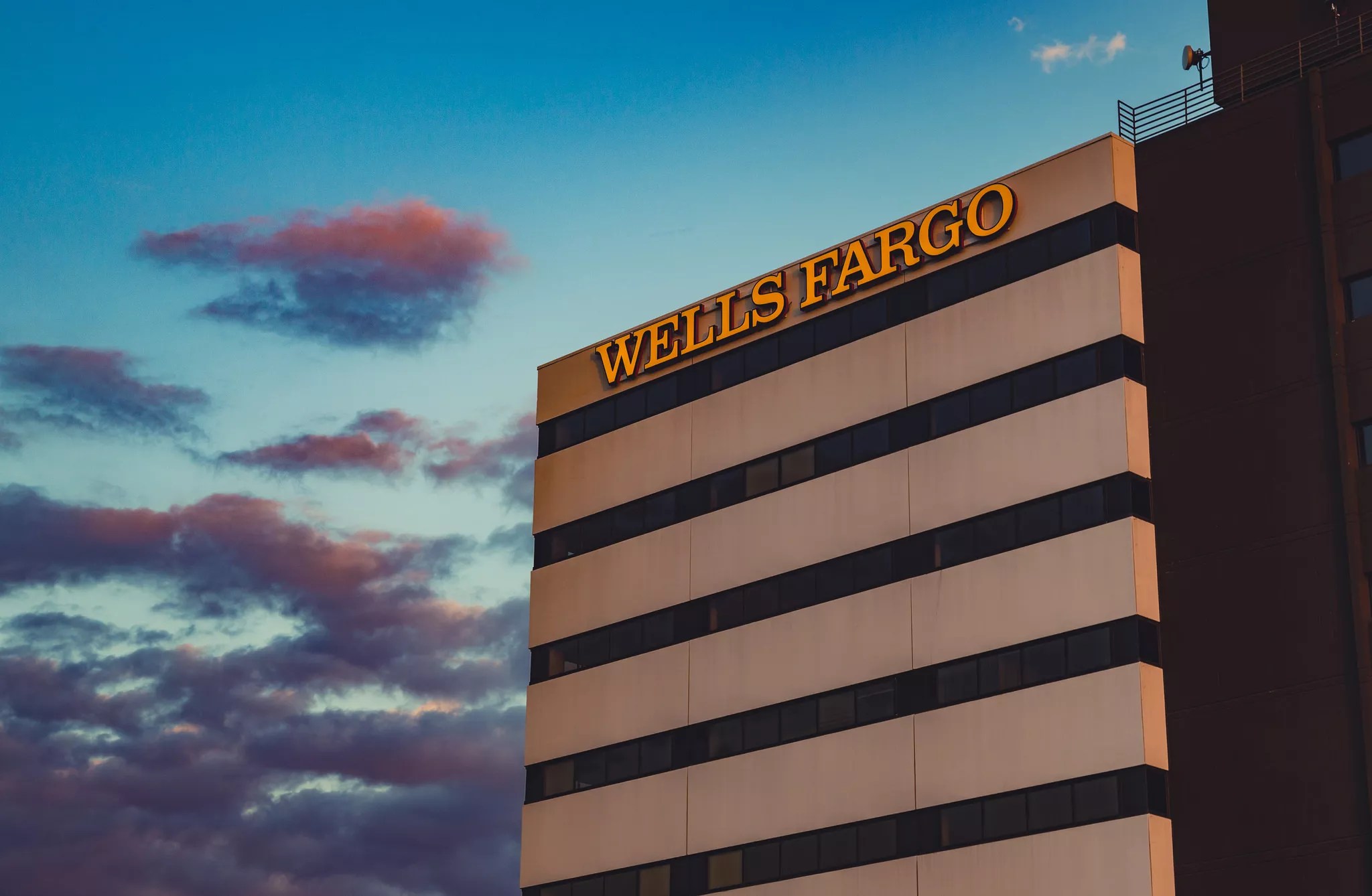
Photo by Tony Webster / Flickr

Audio By Carbonatix
Barbara Carroll just wanted to cash a check for $140. The 78-year-old former probation officer and assistant bank manager, who is black, stopped by a Wells Fargo branch in Fort Lauderdale last November for what she thought would be a quick errand.
Instead, she says, she spent two and a half hours at the bank’s Victoria Park location while employees refused to cash her check or return her driver’s license, asking the PhD-holder what she did for the money and telling her they had called police. They were suspicious that Carroll was guilty of forgery, she says – even after the man who wrote the check confirmed it was legitimate.
“I felt very embarrassed,” she tells New Times. “I felt belittled. I can’t tell you the emotions I felt.”
After months of national headlines about black people being arrested or threatened with arrest for doing things as mundane as sitting in a Starbucks, barbecuing in a park, visiting a neighborhood pool, and selling water, Carroll has filed a lawsuit over what she describes as her encounter with institutional racism. In a complaint filed last week, she accuses the company of racial discrimination.
Wells Fargo spokesperson Rosanna Fiske says in an emailed statement that the company is aware of the case but unable to comment directly on pending litigation.
“Wells Fargo opposes discrimination of any kind as evidenced by our own non-discrimination policy, our commitment to diversity and inclusion in our work force, and our long-standing history of support for community organizations that embrace diversity,” she wrote.
Carroll’s ordeal began around 9:30 a.m. November 28. She gave the check to the teller at the bank on North Federal Highway, in the upscale neighborhood of Victoria Park. The teller, a white woman, asked for ID, and Carroll provided her driver’s license and passport. But then the teller said there was a problem and asked her to have a seat in the lobby.
A half-hour passed, and Carroll asked to see a manager. The manager, who was also a white woman, said she would not return Carroll’s check or identification and that she had called police. Carroll returned to a couch in the lobby, but after another half-hour, she called 911 herself. At 11:20, two officers showed up. They checked Carroll’s ID and said it was valid.
Finally, hours after she had walked into the bank, Carroll got her cash. But she still felt humiliated and angered. She was certain she’d been treated differently because of her race.
“Things that we – and we being black people – things that we feel are sometimes brushed over, like, ‘Oh, she was just doing her job,'” Carroll says. “It’s a difference, and you can sense the difference.”
Making matters worse, Carroll says, neither the teller nor the manager apologized for the way they treated her. She called Wells Fargo’s corporate office but didn’t feel reassured by what she described as vague comments about training.
“It was your normal ‘brush you up and make you smile,'” she says.
Eventually, she hired a lawyer, Yechezkel Rodal, who calls the case another example of people being treated differently because of the color of their skin. He and Carroll say they hope the lawsuit might force change.
“Ultimately, we’re hopeful that this isn’t just about Wells Fargo, that other corporations take notice and realize that there has to be some kind of change in our culture – that these things are not OK,” Rodal says.